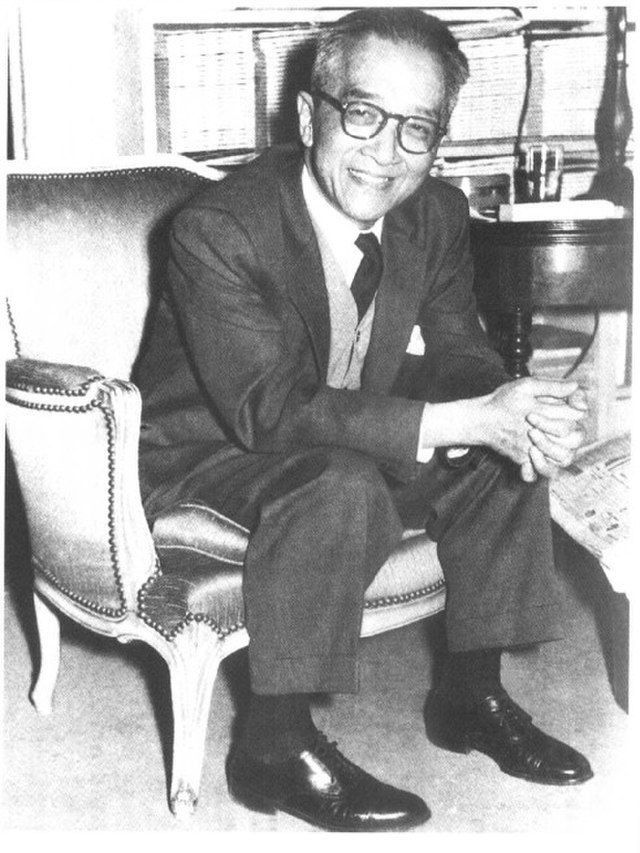On March 25, 2015, the Obama administration declared their support for the Saudi-led coalition which had just launched a military attack in Yemen against the rebel Houthis. The statement not only included vocal support but also “authorized the provision of logistical and intelligence support to GCC-led military operations.” Obama also authorized the sale of over $115 billion in munitions and military training to Saudi Arabia in order to bolster military efforts against the Houthis.
The Saudi involvement in the Yemen civil war has since resulted in over ninety unlawful airstrikes leading to 10,852 civilian casualties as of 2018. U.S. munitions have been found at over two-dozen of those airstrikes. Also, cluster munitions (explosives dropped by air over a wide area, exploding indiscriminately) which were manufactured in the U.S., the U.K. and Brazil have been used by the Saudi-led coalition. These munitions were banned by the Cluster Munition Coalition of which neither Saudi Arabia or Yemen are a member of. As anti-war activist Caitlin Johnstone bluntly puts it, “The mass atrocity that is happening in Yemen is the worst thing that is happening in our world, and it isn’t even close.
U.S. involvement: a humanitarian and strategic disaster
The costs of the U.S.’ involvement in the war are not only visible in terms of civilian casualties in Yemen, but also in terms of tax-payer dollars. As Sen. Jack Reed has pointed out, the U.S. has spent tens of million of dollars on aerial refueling for the Saudi air force alone. The increased destruction in Yemen has also led to increased humanitarian aid from the U.S. The International Rescue Committee has suggested, “If the war continues for another five years it will cost the international community as much as $29 billion in humanitarian funding.” This would mean even more money coming from American taxpayers than the $1.1 billion already sent to Yemen in 2019 and 2020.
In January of 2019, Sen. Bernie Sanders introduced a joint resolution to the Senate which sought to end what Sanders called “both a humanitarian and a strategic disaster”. This resolution was vetoed by President Donald Trump, who criticized the resolution. He said, “it is a dangerous attempt to weaken my constitutional authorities, endangering the lives of American citizens and brave service members, both today and in the future.”
10,852 civilians may be slightly less concerned with Trump’s constitutional authorities than he is, but nonetheless, the veto avoided being overridden by the Senate, gaining only fifty-four out of the sixty-seven votes required and never went into effect.
Biden’s changing views on Yemen
While running for president, Joe Biden changed his tune on Yemen from his time as Obama’s Vice President. In July of 2019 Biden declared, “…We should end our support for the Saudi-led war in Yemen. It’s hurting us.”
Exactly two weeks later, (when Biden had all but officially won the Democratic nomination for President) the Democrats put out their party platform which made the same clear promise: “Democrats will end support for the Saudi-led war in Yemen and help bring the war to an end. This war is responsible for the world’s worst humanitarian crisis, and it amplifies threats to the region and to our interests.”
Biden has already begun to make way on his campaign promise to end U.S. involvement in the war. Biden’s Secretary of State, Antony Blinken, has said that he will immediately review the “terrorist” designation which the Trump administration gave to the Houthis. The has been criticized by Human Rights Watch, saying that it “could prevent numerous nonprofit groups and humanitarian aid organizations from operating in areas under Houthi control” and that it “could also create serious obstacles for outside mediators involved in peace negotiations between the Houthis and other parties.”
Blinken even went so far as to say that the way the campaign has been conducted has also contributed significantly to that situation.
Whether or not these plans will come to fruition remains to be seen. But the fact that the Biden administration has brought U.S. involvement in the war to the forefront of discussion in the first week is a hopeful sign. Biden’s initial involvement in the decision to back the Saudis, has led to what is likely the worst humanitarian crisis in the world today.
Biden’s opportunity to end the war
He can never undo the damage that he has done. But he can put an end to it. As Hassan El-Tayyab explains, “By executive order, Biden could get the Pentagon to end intelligence sharing for the Saudi coalition airstrikes, end logistical support, and end spare parts transfers that keep Saudi warplanes in the air.”
We can hope that Biden’s campaign promises turn into action. The lives of thousands of innocents are on the line. Until Biden does follow through and end U.S. involvement, there must be constant pressure on him. As Johnstone writes, journalists must constantly press Biden on the issue: “What’s the plan for ending the war? What steps has he taken to enact that plan? Has he called the Saudis yet? How about the other US allies who are backing the slaughter? What specifically is happening, and when?”
Six years and over 10,000 civilians later, Biden must finally end what he started in Yemen.
To read more about the disastrous effects of global wars, be sure to check out our cluster page by clicking on the button below.
This piece solely expresses the opinion of the author and not necessarily the organization as a whole. Students For Liberty is committed to facilitating a broad dialogue for liberty, representing a variety of opinions.









